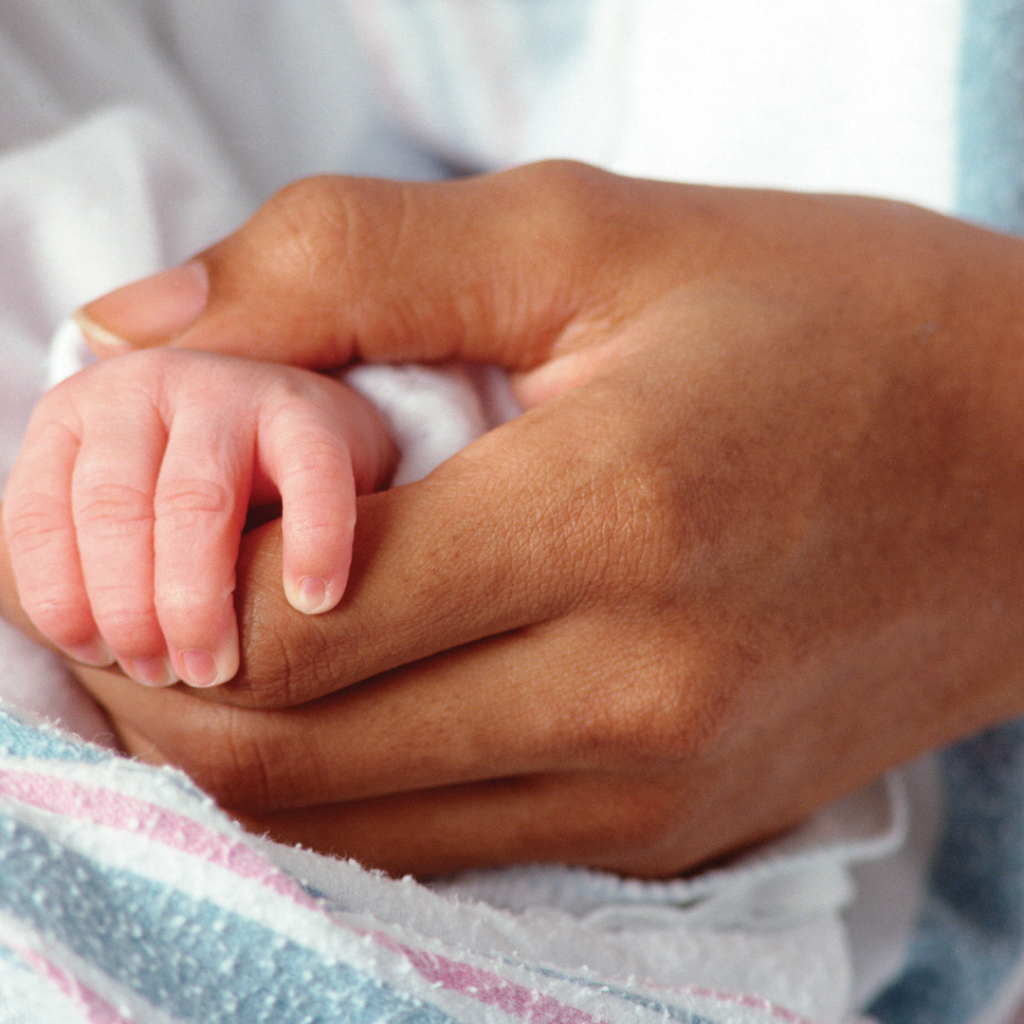Classification, establishing filiation of children
ART. 175. Illegitimate children may establish their illegitimate filiation in the same way and on the same evidence as legitimate children.
The action must be brought within the same period specified in Article 173, except when the action is based on the second paragraph of Article I72, in which case the action may be brought during the lifetime of the alleged parent.
 On the other hand, legitimate filiation is established in accordance with Articles 172 and 173 of the Family Code, which state:
On the other hand, legitimate filiation is established in accordance with Articles 172 and 173 of the Family Code, which state:
ART. 172. The filiation of legitimate children is established by any of the following:
(1) The record of birth appearing in the civil register or a final judgment; or
(2) An admission of legitimate filiation in a public document or a private handwritten instrument and signed by the parent concerned.
In the absence of the foregoing evidence, the legitimate filiation shall be proved by:
(1) The open and continuous possession of the status of a legitimate child; or laws.
(2) Any other means allowed by the Rules of Court and special
ART. 173. The action to claim legitimacy may be brought by the child during his or her lifetime and shall be transmitted to the heirs should the child die during minority or in a state of insanity. In these cases, the heirs shall have a period of five years within which to institute the action.
The action already commenced by the child shall survive notwithstanding the death of either or both of the parties.
[1] Articles 163, 164 and 165 of the Family Code provide:
Article 163. The filiation of children may be by nature or by adoption. Natural filiation may be legitimate or illegitimate.
Article 164. Children conceived or born during the marriage of the parents are legitimate.
Children conceived as a result of artificial insemination of the wife with the sperm of the husband or that of a donor or both are likewise legitimate children of the husband and his wife, provided, that both of them authorized or ratified such insemination in a written instrument executed and signed by them before the birth of the child. The instrument shall be recorded in the civil registry together with the birth certificate of the child.
Article 165. Children conceived and born outside a valid marriage are illegitimate, unless otherwise provided in this Code.
